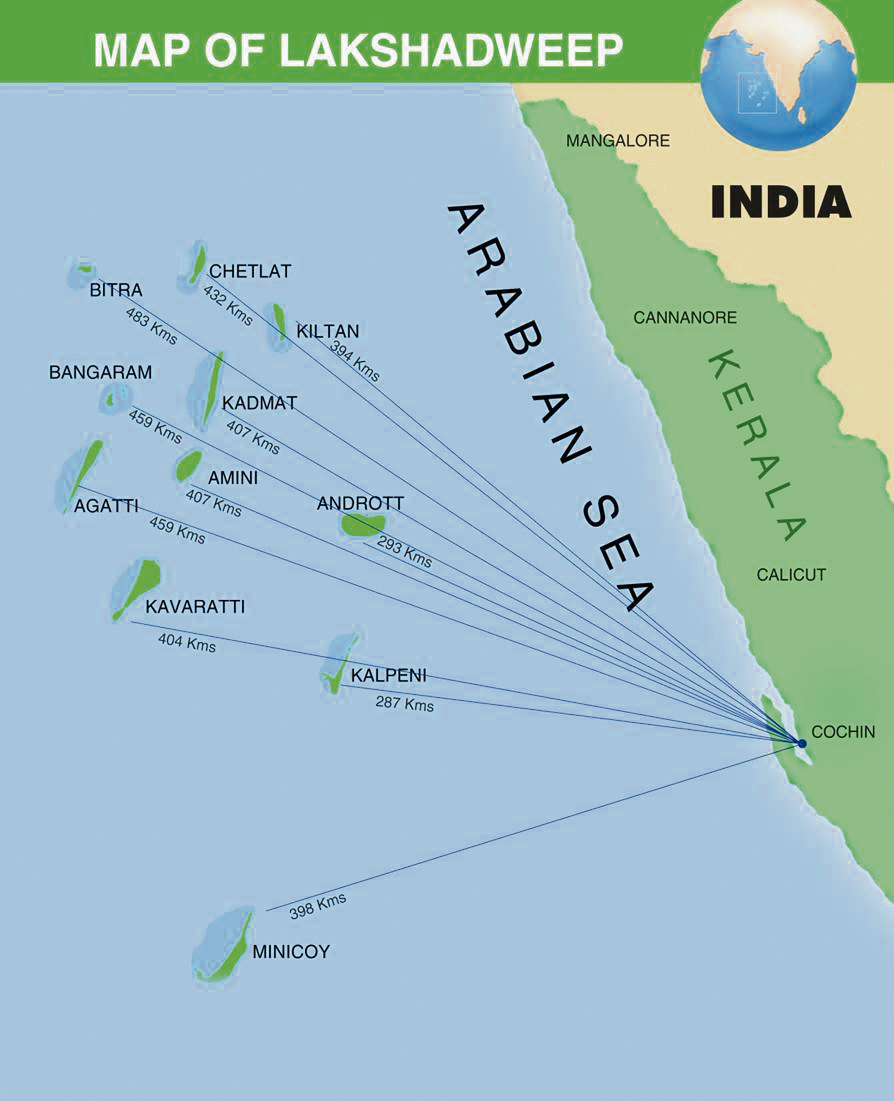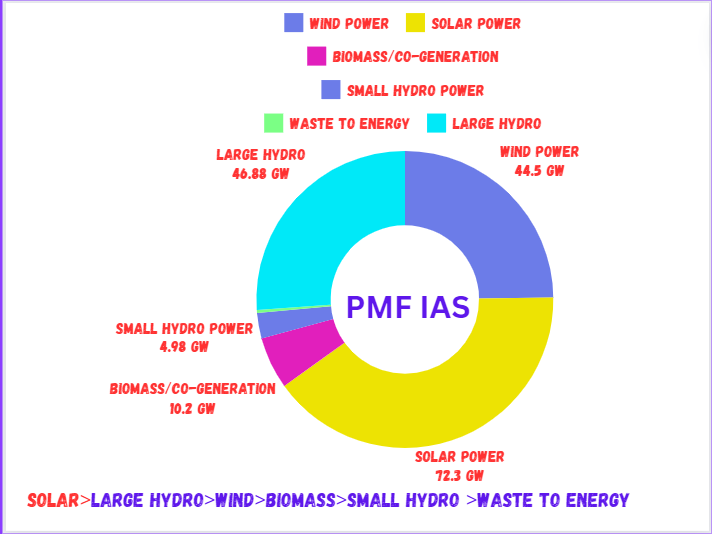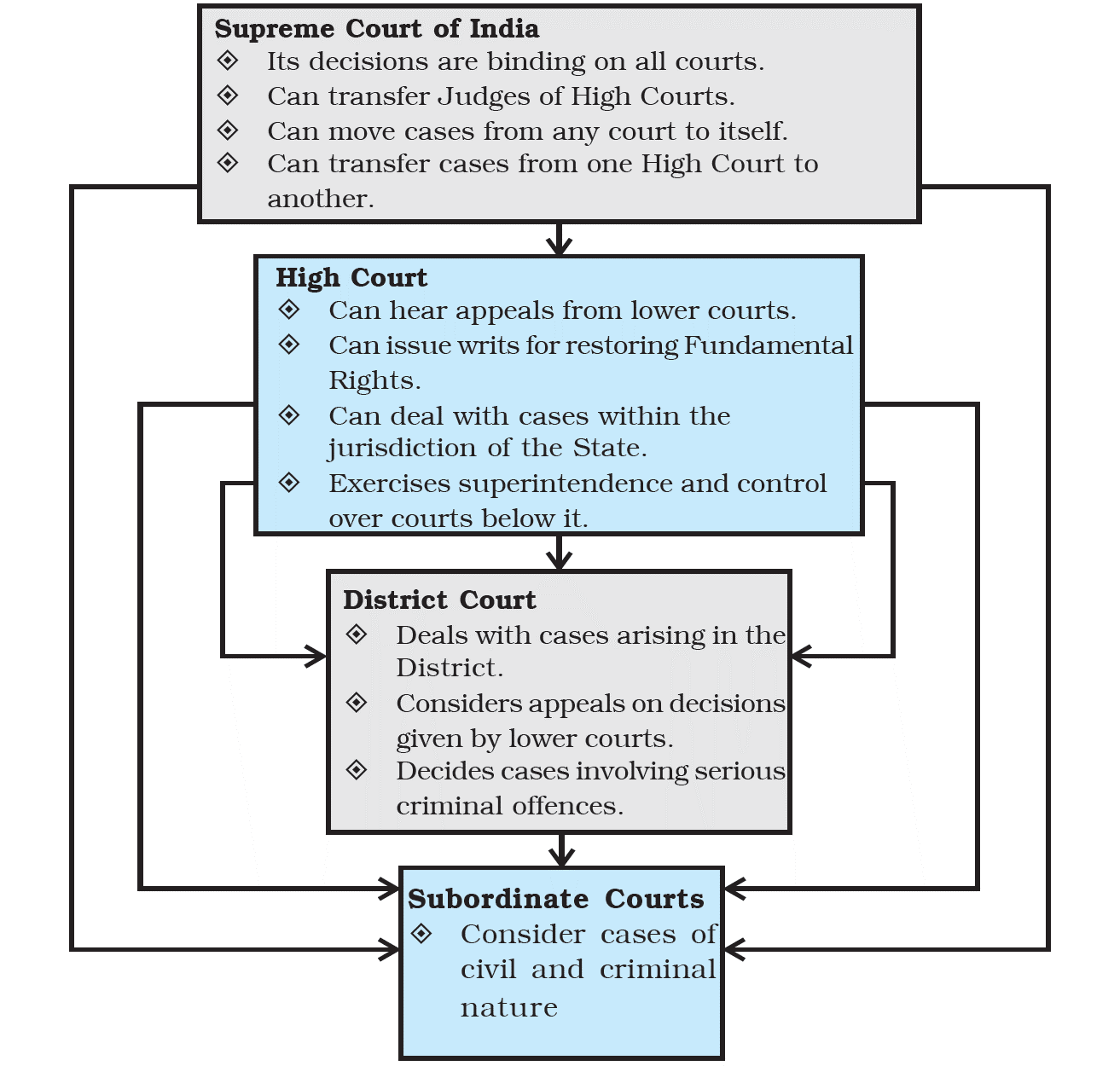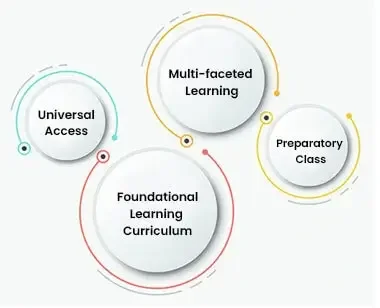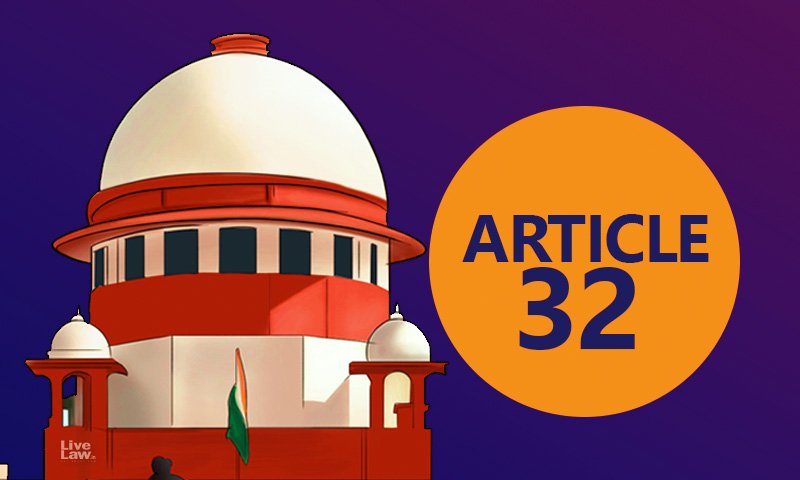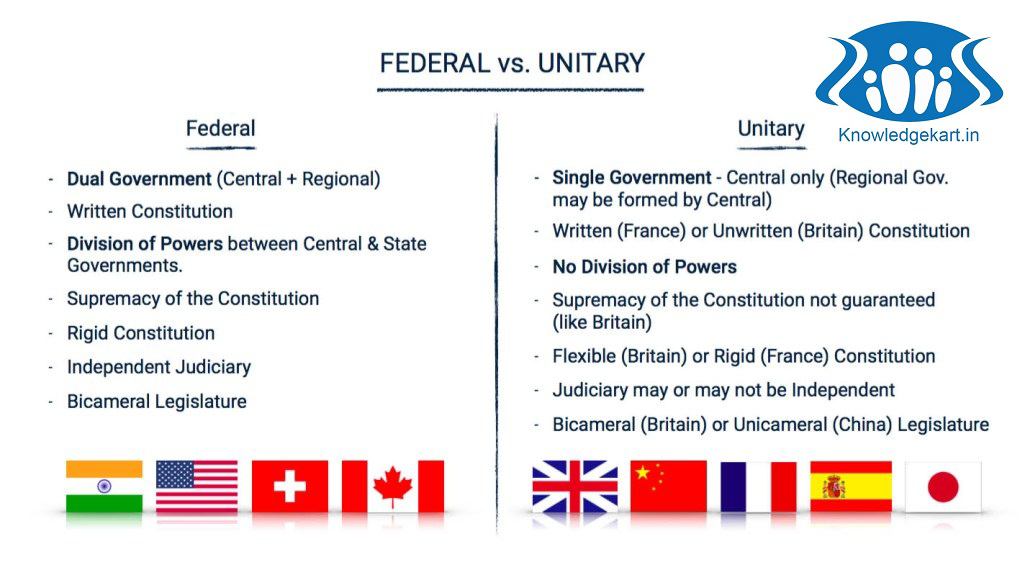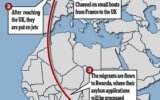
World Trade Organisation (WTO)
Subscribers of "Current Affairs" course can Download Daily Current Affairs in PDF/DOC
Subscribe to Never Miss an Important Update! Assured Discounts on New Products!
Must Join PMF IAS Telegram Channel & PMF IAS History Telegram Channel
- Context (TH): The European Union has expressed disappointment over India’s appeal against the ruling of WTO’s dispute settlement panel in the case of duties imposed by India on ICT imports.
- WTO is an intergovernmental organization that regulates and facilitates international trade between nations, operating in a member-driven and consensus-based manner.
- Headquarters: Geneva, Switzerland; it is the world’s largest international economic organisation.
- 164 member states (India is a founding member), representing over 98% of global trade and GDP.
- Formally established on January 1, 1995, under the 1994 Marrakesh Agreement, the WTO replaced the General Agreement on Tariffs and Trade (GATT) of 1948 after the culmination of the Uruguay Round, an eight-year-long negotiation process.
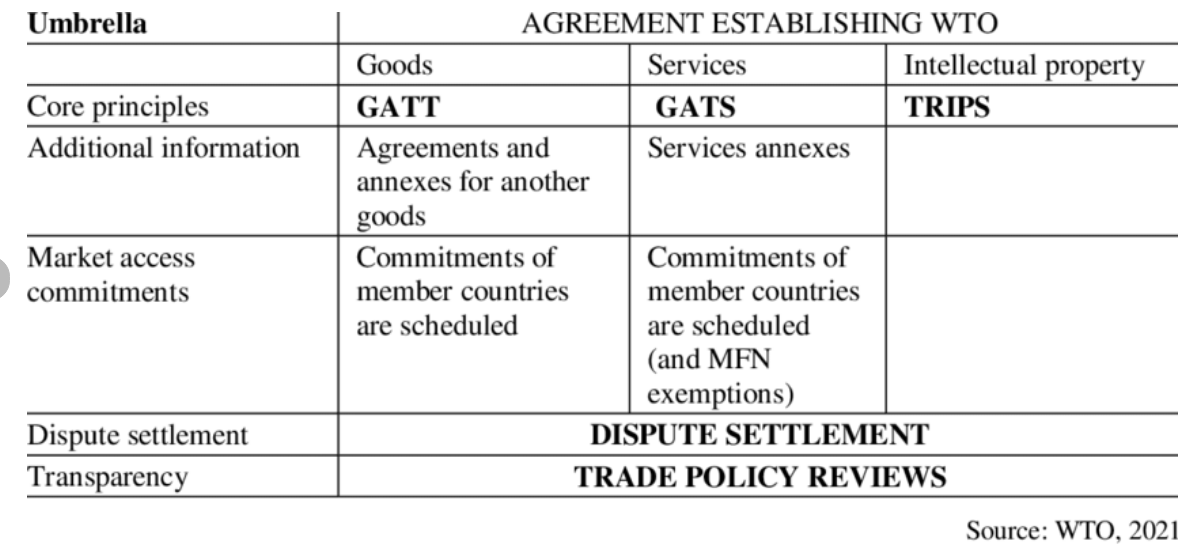
Mandate of the WTO
- The WTO’s mandate encompasses the facilitation of trade in goods, services, & intellectual property.
- It achieves this by providing a framework for negotiating trade agreements that aim to reduce or eliminate tariffs, quotas, and other trade restrictions.
- Additionally, the WTO oversees independent dispute resolution mechanisms to ensure compliance with trade agreements and resolve trade-related disputes.
- While the WTO prohibits discriminatory practices among trading partners, it allows for exceptions in cases related to environmental protection, national security, and other significant objectives.
WTO General Council
- It is the WTO’s highest-level decision-making body.
- It has representatives from all member countries.
- It has the authority to act on behalf of the Ministerial Conference (WTO’s top-most decision-making body), which meets about every two years.
- WTO General Council also meets, under different rules, as the Dispute Settlement Body (DSB) and as the Trade Policy Review Body.
Key Principles of WTO
- Most Favoured Nation (MFN): Equal treatment of all trading partners.
- National Treatment: Equal treatment of foreign and domestic goods and services.
- Fair Competition: Non-discriminatory, rule-based trading.
- Free Trade: Reduction in tariff and non-tariff barriers.
- Predictability: Transparency & binding (bound rates)
- Encouraging Development & Economic Reforms: Special assistance & concessions to developing countries & LDCs.
Relation between WTO and UN
- WTO is not a part of the United Nations. However, it has maintained strong relations with the UN.
- WTO-UN relations are governed by the “Arrangements for Effective Cooperation with other Intergovernmental Organizations-Relations Between the WTO and the UN” signed in 1995.
- The WTO Director General participates in the Chief Executive Board, the organ of coordination within the UN system.
WTO’s Dispute Settlement Body
- The Uruguay Round negotiations resulted in the adoption of the Dispute Settlement Understanding (DSU) to govern trade disputes between member states.
- Accordingly, the Dispute Settlement Body (DSB) was established in 1995 as a platform for addressing disputes between WTO members. The General Council sometimes meets as the DSB.
- The DSB possesses the authority to establish dispute settlement panels and make decisions based on their recommendations.
- DSB may also consider reports from the Appellate Body, which hears appeals from panel reports.
- Currently, the appellate body, constituting the second tier (DSB is the first tier) of the WTO’s Dispute Settlement System (DSS), remains non-functional.
Reasons for the appellate body’s non-functionality
- From 1995 to 2019, the appellate body upheld the international rule of law by holding powerful countries, such as the US and the EU, accountable for breaching international laws.
- However, its once-supportive entity, the US, has now become its most prominent critic, obstructing the appointment of its members.
US argument
- The US argues that the appellate body must consistently interpret and apply WTO agreements without establishing binding precedents.
- According to the US, creating binding precedents through appellate body decisions represents judicial overreach and exceeds its institutional mandate.




![PMF IAS Environment for UPSC 2022-23 [paperback] PMF IAS [Nov 30, 2021]…](https://pmfias.b-cdn.net/wp-content/uploads/2024/04/pmfiasenvironmentforupsc2022-23paperbackpmfiasnov302021.jpg)
